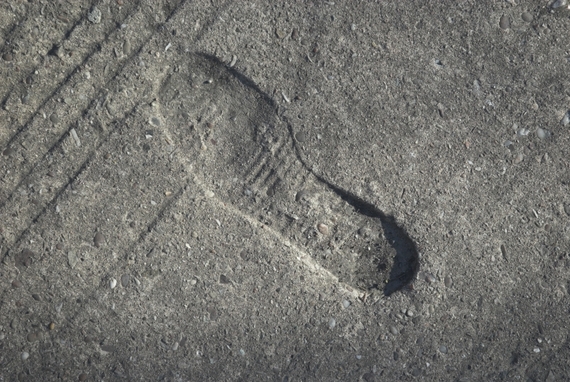I just don't get him... Why do they always...? Why doesn't she ever...?
Have you ever finished one of these sentences in reference to a coworker? It's ironic that we often say or think these things about others, and yet never consider that others may be thinking the same about us. In order to understand and evaluate others effectively, we must develop the capacity to perceive and empathize with their feelings and attitudes.
Do you make a genuine effort to know the people around you--who they really are rather than who you merely perceive them to be?
"When the dust settled, it came down to being the person that everyone enjoyed working with and having as a coworker. That person was the guy/gal who could get along with any personality, and they left a mark at every company they worked for." Do you know who that person is in your workplace? Consider what makes him or her stand out from the crowd. Skills and experience are important, but the man or woman who can flex their communication style to engage meaningfully with every person they encounter is invaluable. They seek to acknowledge each coworker's inherent value and contribution to the organization, and they consistently bring out the best in others. This person is a giver. With high emotional intelligence and an outwardly focused attitude, they are able to give people what they need at any given moment. Instead of feeling threatened by others' skills and achievements, they look for opportunities to leverage the diverse strengths within their organization, helping individuals to identify those areas where they excel.
"When we understand people's DNA, we can provide 'personalized care,' giving them the treatment they need based on their uniqueness. This enables us to build trust, respect and long-lasting relationships... In fact, we can get along with just about anyone, when we know who they are and how they need to be treated."
How can you become this person in your organization?
To better understand the individuals you interact with in your organization, you must make a sincere effort to take an interest in who they are. With a genuine sense of curiosity and a willingness to listen more often than you speak, you can learn a great deal about others. Recognizing the value of diversity within any team will motivate you to identify each person's unique strengths that contribute to the overall success of your organization. But to attain such success, you must be willing to show that you care, since compassion is an integral part of achieving these goals. Demonstrating empathy consistently will lead you to an understanding of situations from alternative points of view, even those that differ widely from your own.
The overarching principle behind understanding and evaluating others fairly revolves around the truth that it's not all about you. If someone responds to you sharply and seemingly out of nowhere, it needn't be taken personally. Everyone carries around some "junk" from the negative things going on in their life, and rather than creating conflict or reacting emotionally, a wise coworker will offer a generous dose of compassion to soothe the sore spots.
Do we treat people the way they need to be treated, or the way we feel they should be treated?
Picture this scene for a moment: You're in line for the security check at an airport, and someone behind you is grumbling about the line and muttering foul language about the pace of the people in front of him. As the person immediately ahead of him, you realize that people are moving as quickly as they can. When you reach for a bin for your belongings, you hear some piercing words from behind: "Hurry up! Can you take any longer?"
What's your first inclination? For most of us, it would be to hurl an insult or cast a glaring look at the man in response. Imagine if you were to reply in a calm and gracious voice, "Here, go ahead, sir, take this bin. Do you need another one? That's a nice briefcase. Where are you headed today?" Suddenly a window of opportunity is opened for a release of tension and the start of a meaningful interaction that may just change his current state of mind. Instead of taking personal offense at the man's unkind remark, a compassionate response offers what he needs without expecting anything in return.
Be interested, be generous, be compassionate. Leave a mark wherever you go.
Founder and Chief Leadership Officer of Blueprint Leadership, Diane Kucala, understands the highest level of need in every person's life is to make a difference in the world around them. That is why she has chosen, "Building Organizations that Change the World," as the motto and mission for Blueprint Leadership. As Diane teaches and coaches leaders in building transformational Blueprint Leadership Skills to empower organizations to meet this need, she simultaneously fulfills her mission to make a difference in the world.

